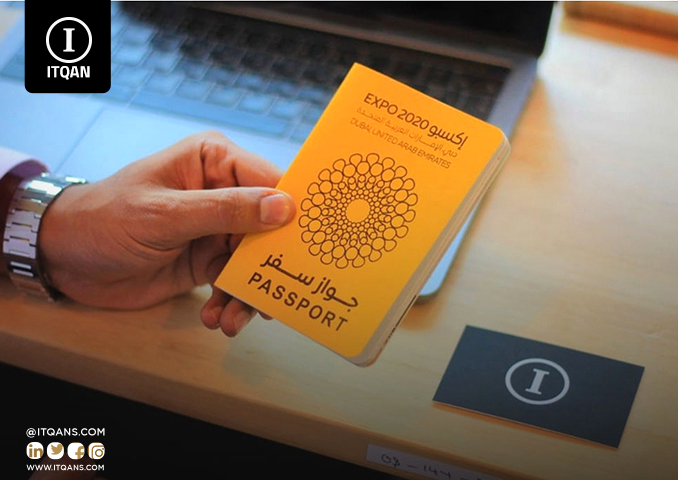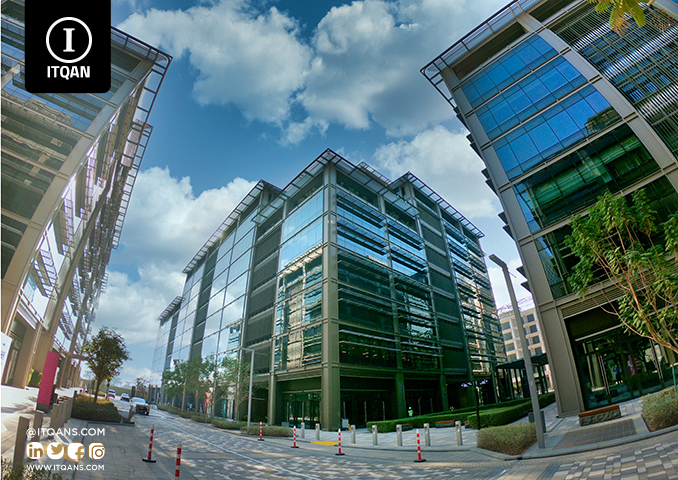Establishing a company in a free zone is the dream of every investor and entrepreneur in any country in the world. Dubai is considered the first city to pioneer the concept of free zones, and free zones in Dubai provide many advantages such as: complete tax exemption and freedom to dispose of capital. We will learn about them. The article covers the steps for establishing a company in the free zone in Dubai.

جدول المحتوى
ToggleEstablishing a company in the free zone
In a favorable business environment. Free zones provide a distinct investment environment that combines commercial freedom, legal flexibility, and tax privileges. One of the most important factors that makes establishing companies in the free zone attractive is the complete freedom of foreign ownership, as foreign investors can benefit from investment opportunities and control their companies without the need for local partners.
In addition, free zones offer attractive tax benefits including tax exemptions and tax deductions on profits and revenues generated. This contributes to reducing costs and increasing the company’s profitability, which enhances competitiveness and attracts more investments. In addition, free zones are distinguished by advanced infrastructure and superior logistics facilities.
Steps to establish a company in the free zone
Establishing a company in the free zone requires several main steps, which are as follows:
Type of license and activity
- Establishing a company in the Dubai Free Zone varies from one region to another. Each free zone has rules and laws that govern activities. For example, each region has different rules for adding a specific number of activities in one license. It is also not possible to add a commercial activity with another activity in one license. This must determine the type of activity that is to be practiced. As well as the type of license.
Choose a free zone
- As we agreed before, each free zone has a specific list of activities permitted to be practiced within it. The types of offices available in the free zone differ, and the visa quotas differ from each region to another.
Determine the company structure
Establishing a company in the free zone requires defining the company structure, which can be:
- The structure of a new company that includes one or more shareholders.
- A subsidiary company with shareholders in the company.
- A joint venture company is a combination of individual shareholders and shareholders of the company.
- A branch of a local company or a foreign company.
Choosing a trade name and preparing documents
The Departments of Economic Development require certain controls for the name, so it must not violate public taste and must be compatible with the nature of the activity.
The documents include the following:
- Passport and visa.
- Proof of residential address and CV.
- Emirati ID
Request for initial approval
- Initial approval includes the locations of the company name, business activity, and proposed company structure.
Signing legal documents
- Meet the free zone representative to verify the passport of the final beneficiary or shareholder, then sign documents such as the board of directors’ decision and others.
Establishing a work site
- A business headquarters must be established for the company, whether by purchase or rent, and it must be a physical headquarters in the free zone appropriate to the nature of the activity.
Expected fees for establishing a company in the free zone
When you establish a company in a free zone, the expected costs and fees may vary based on the specific free zone and the country in which it is located. Free zones are usually established to promote investment and encourage commercial activity, and therefore they may enjoy special tax and customs facilities and privileges, but in general, there are some basic fees and costs that you must be aware of when establishing a company in a free zone, and this is a list of some of them:
- Company establishment fees: You may need to pay fees to register and establish the company in the free zone. These fees vary based on the type of company and local legislation.
- Site cost and rent: You may need to pay rental fees or rent a site in the free zone to set up your office, factory or warehouse.
- Work and residence fees: If you intend to employ foreign or non-local employees, you may need to pay fees to obtain work and residence permits for them.
- Cost of customs and taxes: In some cases, free zones may offer tax and customs concessions, but there may be customs duties or other local taxes that apply to companies.
- Administrative Services Fees: You may need to pay fees for administrative services such as licensing, permits, and financial audits.
Types of companies allowed to be established in the free zone
In free zones, they usually allow a variety of types of companies to be established. However, laws and legislation can vary between free zones and different countries. Here are some common types of companies that can be established in free zones:
- Limited Liability Company (LLC): A company that has a legal personality separate from shareholders, offering protection to shareholders from personal liability for business debts and obligations.
- Joint stock company: It is a company in which shareholders own shares in the capital, and bear responsibility according to the size of their investments in the company.
- Public Company: A company established under the laws and legislation of the host country, and subject to general commercial laws and taxes.
- Subsidiary Company: Free zone founding companies can establish branches of their companies in the free zone, and these branches operate in accordance with the legislation and laws in force in the free zone.
- Joint Company: Several companies can cooperate together to establish a joint company in the free zone to benefit from joint business opportunities.
- Investment Company: It is a company established to invest in assets, securities, real estate, and other investment opportunities.
These are just some of the common types of companies, and the types allowed can vary according to local legislation and laws in the specific free zone. It is best to consult with the relevant authorities in the free zone to obtain more specific information about the types of companies that are permitted and compatible with local legislation.
Advantages of establishing a company in the free zone
Establishing a company in a free zone can provide many advantages and privileges that attract investors and stimulate business activity. Here are some common advantages of establishing a company in a free zone:
- Tax concessions: Free zones may provide tax concessions that include exemption from income taxes for specified periods of time or tax reductions on profits made. This can reduce the company’s cost and increase its competitiveness.
- Freedom of ownership: Free zones often allow full foreign ownership of companies established there, meaning that foreign investors can have full control of the company without the need for local partners.
- Facilitated customs procedures: Free zones provide easy customs procedures and facilities for shipping and customs clearance. This can facilitate a company’s import and export operations and reduce bureaucracy and costs associated with customs.
- Administrative facilities: Free zones provide a simplified administrative structure and commercial legislation, which facilitates the procedures for establishing and managing a company. They may also provide administrative support services such as licenses, permits, and financial audits.
- Access to the regional market: Free zones may be a strategic location to access the regional market. It can provide easy access to customers and suppliers in the surrounding area and facilitate distribution operations.
- Advanced Infrastructure: Free zones usually contain advanced infrastructure that includes ports, airports, roads and communications. This facilitates transportation and shipping operations and enhances communications and communication.
Our experience is in helping clients establish a company in the free zone
In conclusion, establishing a company in a free zone can be a favorable investment option that provides many advantages and business opportunities. These free zones provide a flexible and open business environment, offering freedom of ownership, tax concessions and advanced logistical facilities.
By leveraging these advantages, companies can achieve sustainable development and growth, expand their business and achieve greater profitability. In addition, free zones can be a gateway to access regional markets and promote international trade.
However, the legal and commercial circumstances and requirements of the selected free zone must be carefully considered and consulted with local stakeholders before the decision to establish a company is made. Factors such as tax laws, practical legislation, infrastructure, and target market must be considered.
Frequently asked questions about establishing a company in the free zone:
1. What is a free zone and what are its benefits for establishing companies?
The free zone is an economic zone that provides a business-friendly environment characterized by tax, commercial and customs freedom, making it an ideal place to establish new companies.
2. What are the basic steps to establish a company in the free zone?
The basic steps include registering with the free zone commercial registry, submitting the required documents, paying the relevant fees, and obtaining the necessary government permits.
3. What are the expected fees for establishing a company in the free zone?
Fees vary based on the type of company and scope of business activities, but usually include fees for registration, licenses and legal advice.
4. Can foreign companies establish branches in the free zone?
Yes, foreign companies are allowed to establish branches in the free zone, and this is regulated in accordance with local laws and regulations.
5. What are the tax and customs advantages of establishing companies in the free zone?
Companies in the free zone enjoy exemption from taxes on profits and customs duties on their imports and exports for the most part, which reduces costs and increases profitability.
.

















